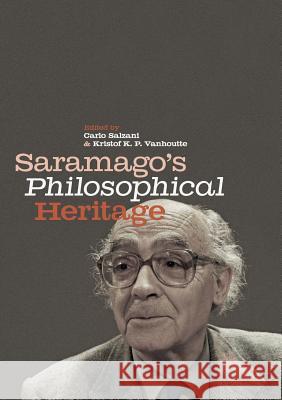Saramago's Philosophical Heritage » książka
topmenu
Saramago's Philosophical Heritage
ISBN-13: 9783030063290 / Angielski / Miękka / 2019 / 261 str.
Kategorie BISAC:
Wydawca:
Palgrave MacMillan
Język:
Angielski
ISBN-13:
9783030063290
Rok wydania:
2019
Wydanie:
Softcover Repri
Ilość stron:
261
Waga:
0.33 kg
Wymiary:
21.01 x 14.81 x 1.47
Oprawa:
Miękka
Wolumenów:
01
Dodatkowe informacje:
Wydanie ilustrowane











